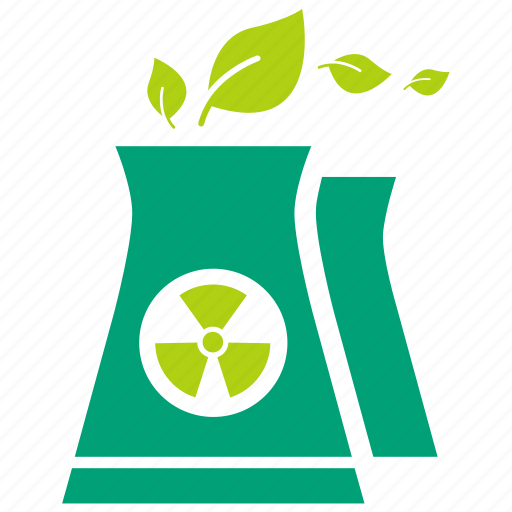Source: https://www.world-nuclear-news.org/Articles/Kansai-gets-go-ahead-for-Takahama-units-operation
Kansai Electric Power Company has been given prior consent by Fukui Prefecture and Takahama Town for the steam generator replacement plan for Takahama nuclear power plant units 3 and 4.
Kansai issued a statement thanking the authorities for their understanding regarding plans for a 20-year extension for the two units and said: “We will continue to strive to further improve the safety and reliability of nuclear power plants, with the understanding of the local community and everyone else.”
The application for prior consent for replacement of the two units’ steam generators was submitted in November 2022, and following the granting of prior consent, the company said: “We will continue to promote this plan with the understanding of local residents and others, and strive to further improve the safety and reliability of nuclear power plants.”
Also on Tuesday, Kansai said Fukui Prefecture and Takahama Town had given approval to proceed with an application for the replacement of the reactor internals for units 1 and 2. Kansai said: “We plan to apply for reactor installation change permission to the Nuclear Regulation Authority (NRA) as soon as preparations are complete.”
Under regulations which came into force in July 2013, Japanese reactors have a nominal operating period of 40 years. One extension to this - limited to a maximum of 20 years - may be granted, requiring among other things, a special inspection to verify the integrity of reactor pressure vessels and containment vessels after 35 years of operation.
The Takahama plant is home to four reactors. Takahama 1 and 2 - both 780 MWe (net) pressurised water reactors (PWRs) - entered commercial operation in 1974 and 1975 respectively, while units 3 and 4 - 830 MWe PWRs - both began commercial operation in 1985. Takahama 1 and 2 became the first Japanese units to be granted a licence extension beyond 40 years under the revised regulations. In May, the NRA approved the operation of units 3 and 4 for a further 20 years.
In its November 2022 announcement about seeking to apply for the extension for units 3 and 4, Kansai also announced plans to replace the steam generators at the two units during scheduled outages, from June to October 2026 for unit 3 and October 2026 to February 2027 for unit 4.
The current rules covering operating lifetimes of nuclear power plants in Japan are set to change next year after the NRA in 2022 approved a draft of a new rule that would allow reactors to be operated for more than the current limit of 60 years. Under the amendment, the operators of reactors in use for 30 years or longer must formulate a long-term reactor management plan and gain approval from the regulator at least once every 10 years if they are to continue to operate. The new policy will effectively extend the period reactors can remain in operation beyond 60 years by excluding the time they spent offline for inspections from the total service life. The legislation was approved by Japan’s Cabinet in February and enacted in May 2023. It comes into effect in June 2025.

